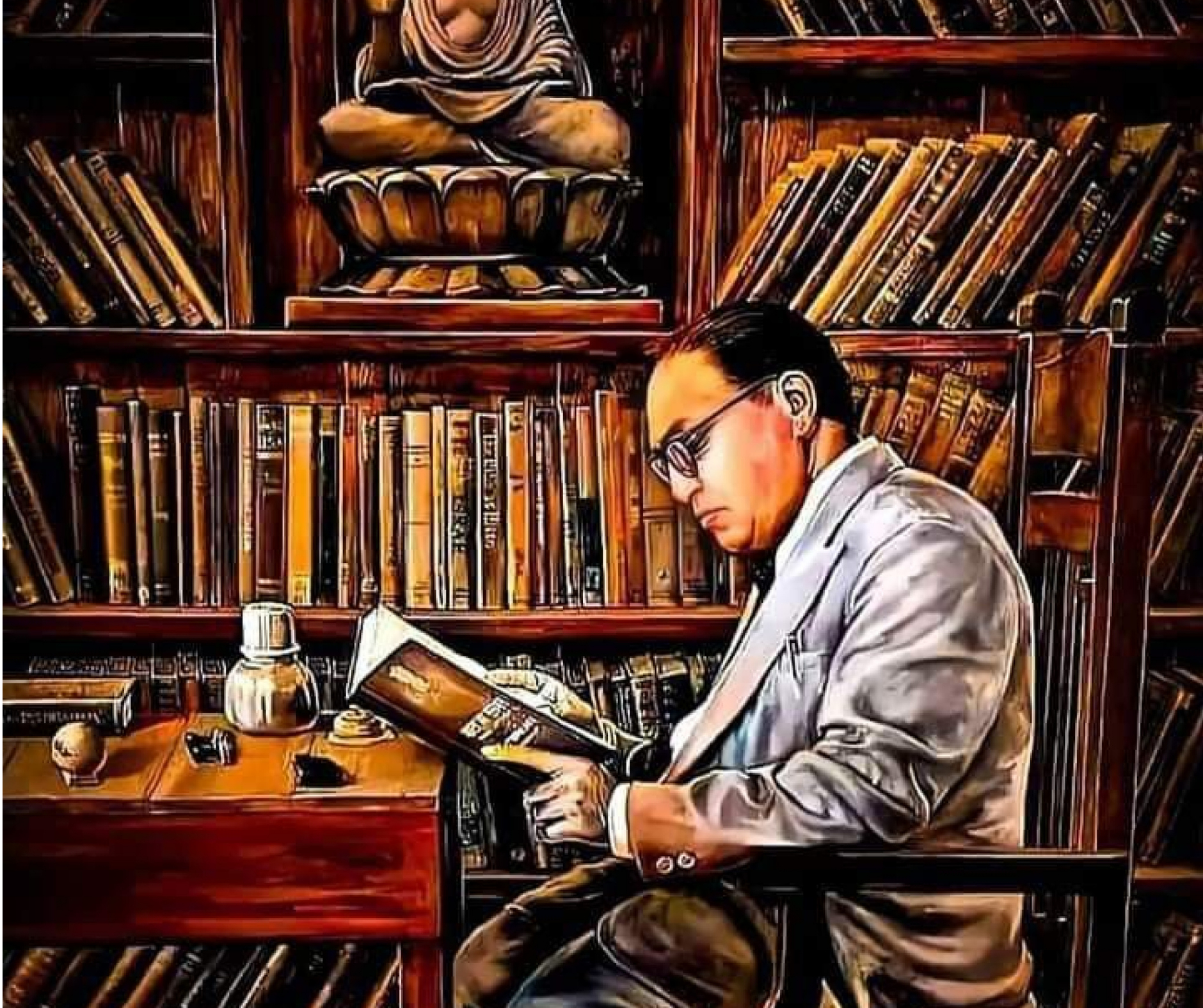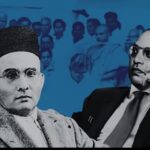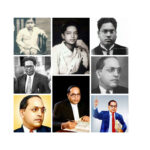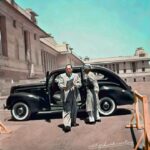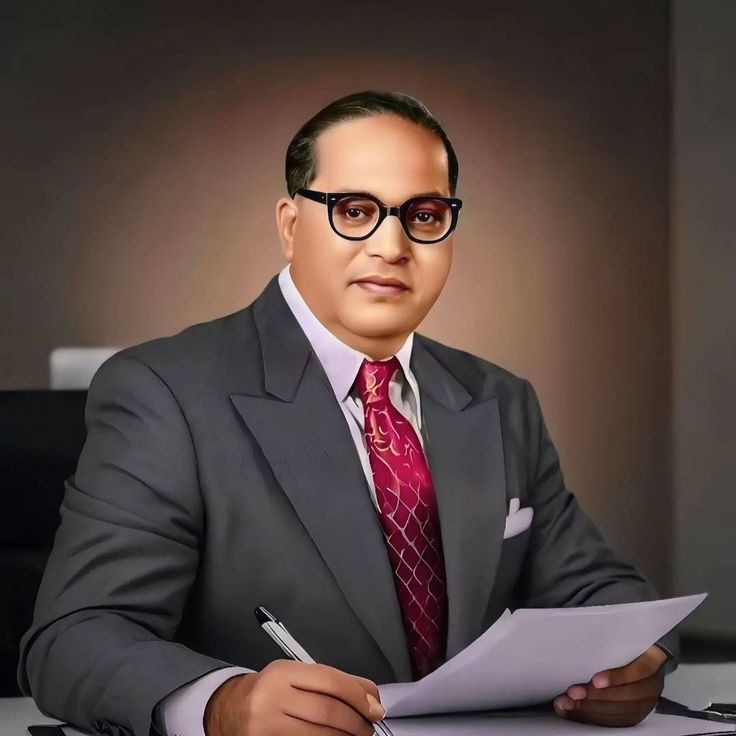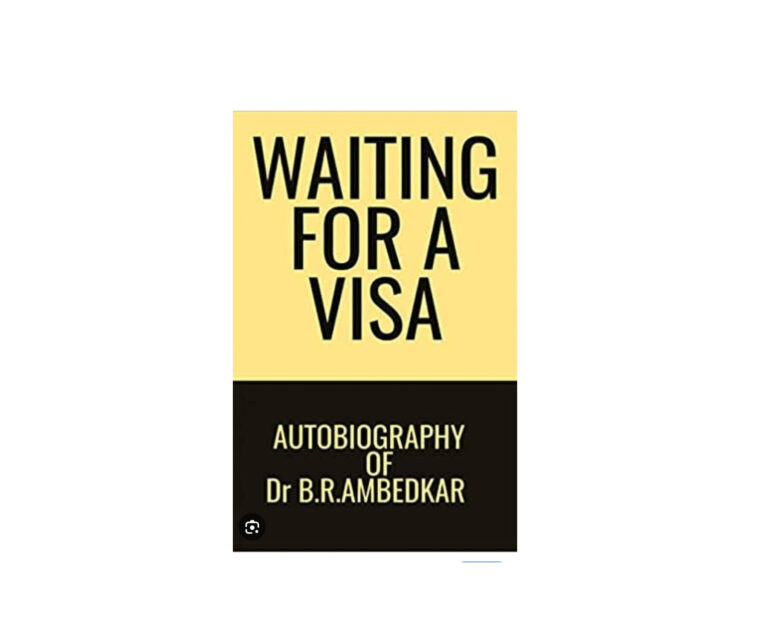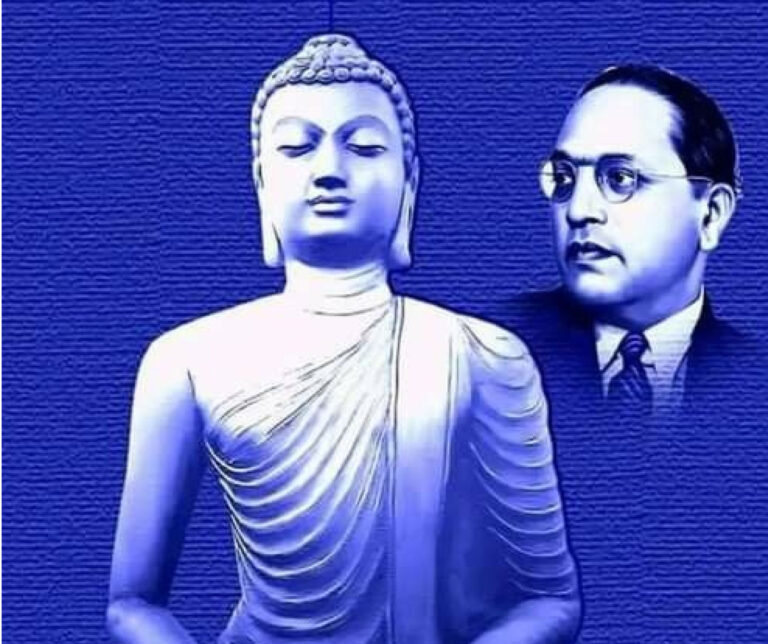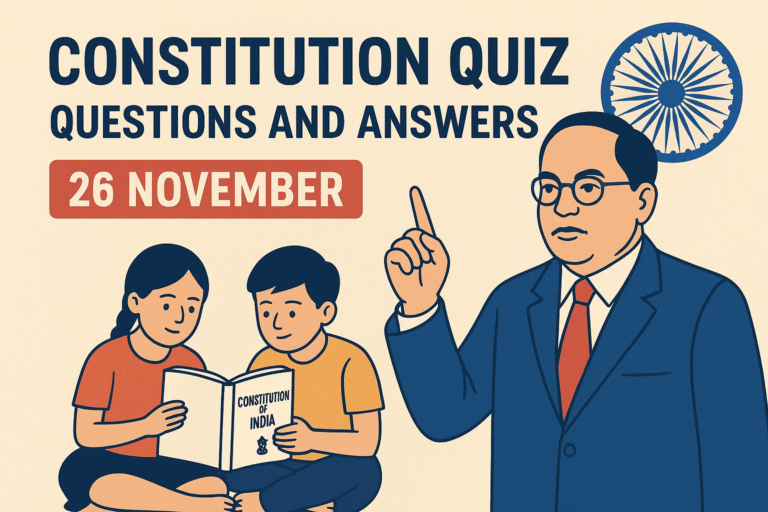Dr. B.R. Ambedkar, the architect of India’s Constitution and a champion of social justice, is often remembered for his towering intellect and relentless fight against caste oppression. But behind his revolutionary ideas and transformative leadership was a lifelong habit that fueled his brilliance, his voracious reading. Ambedkar wasn’t just a reader, he was a scholar who comprehended books, articles, and ideas from every corner of the world. His reading habits shaped his vision for society and equipped him with the knowledge to challenge centuries-old injustices.
In this article, we’ll explore Ambedkar’s extraordinary love for reading, the books that influenced him, and how his intellectual curiosity transformed not just his life but the destiny of millions. Whether you’re a student, a history enthusiast, or someone seeking inspiration, Ambedkar’s story as a reader will leave you in awe.
The Making of a Reader: Ambedkar’s Early Years
Ambedkar’s journey as a reader began in the most unlikely of circumstances. Born into a Dalit family in 1891, he faced discrimination from a young age. Schools often barred Dalit children from sitting inside classrooms or drinking water from the same source as upper-caste students. Yet, Ambedkar’s thirst for knowledge was unshakable.
His father, Ramji Sakpal, played a crucial role in nurturing this habit. Despite financial struggles, Ramji ensured that young Bhimrao had access to books. Ambedkar often recalled how his father would bring home books. encouraging him to read and think critically. This early exposure to literature planted the seeds of curiosity that would grow into a lifelong passion.
Once Babasaheb Ambedkar said, “If ever my house is seized by misfortune, and if the confiscator touches my books, I will shoot him.” There is more memories that prove Ambedkar had a great thirst for books when he was a student and it became a lifelong habit
A Library of Thousands: Ambedkar’s Personal Collection
Ambedkar’s love for reading was not just a hobby, it was an obsession. By the time of his death in 1956, he had amassed a personal library of over 50,000 books, one of the largest private collections in India at the time. His library was a treasure trove of knowledge, including subjects like law, politics, history, economics, philosophy, religion, sociology, and whatnot.
Dr. B.R. Ambedkar was astonishingly a master of 65 subjects across various fields of study. His deep intellectual pursuits covered disciplines ranging from social sciences to pure sciences, law, and even war strategy.
Not Just Verbal familiarity, but Mastery
Some of the key subjects he mastered include,
Social Sciences & Humanities:
- Law
- Political Science
- Sociology
- Anthropology
- History
- Economics
- Philosophy
- Religion
- Psychology
- Literature
Science & Technology:
- Mathematics
- Physics
- Chemistry
- Biology
- Environmental Science
- Civil Engineering
- Architecture
Governance & Public Administration:
- Constitutional Law
- Public Administration
- Governance & Policy Making
- International Law
- Public Finance
- Industrial Economics
Military & War Science:
- War Science
- Defense Studies
- Strategic Planning
- Geopolitics
Religious Studies:
- Hinduism
- Buddhism
- Islam
- Christianity
- Jainism
- Sikhism
- Comparative Religion
Linguistics & Literature:
- English
- Sanskrit
- Pali
- Hindi
- Marathi
- Persian
- Urdu
- French
- German
Miscellaneous Fields:
- Education
- Journalism
- Criminology
- Ethics
- Feminism & Women’s Rights
- Human Rights
- Social Work
- Rural Development
- Urban Planning
- Cooperative Movements
- Banking & Monetary Policy
- Stock Market & Financial Planning
- Transportation & Infrastructure Development
- Agriculture & Agrarian Economy
- Labor Laws
- Corporate Law
- Industrial Relations
- Mass Communication
- Media Studies
- Public Speaking
- Cultural Studies
- Leadership & Motivation
Ambedkar’s mastery over such a vast array of subjects was the result of his voracious reading habits, rigorous academic training, and immense intellectual curiosity. His extensive knowledge helped him draft the Indian Constitution, advocate for social justice, and lead India’s marginalized communities toward progress.
His knowledge was not just theoretical, he applied it in his work to uplift society. His expertise continues to inspire millions worldwide, proving that education is the true power of transformation.
What made Ambedkar’s reading habits unique was his incredible memory. He could recall exactly which sentence came from which book, on which page, and even from which paragraph. His friends were astonished by this ability. When they asked him the secret of his sharp memory, he laughed and said, “It’s because of my father’s financial condition. We had no money to buy books. So, whenever I got a book to read, I decided to read it with such deep concentration that I would never need to read it again.”
Touch of Books That Shaped Ambedkar’s Vision.
I feel fortunate to have seen those books because I studied at the College of People’s Education Society, founded by Dr. Babasaheb Ambedkar. In his last days, he donated all his books to this society. The three buildings of Siddharth College in Mumbai are filled with bookshelves, and an equal number of books are housed in Milind College, Aurangabad, along with many other schools and colleges under PES that have received this invaluable gift from Ambedkar.
Out of curiosity, I selectively chose books from the Siddharth College library, and to my amazement, all of them were filled with underlines, remarks, and comments written by Babasaheb himself using colored pencils. It was unbelievable!
Reading as a Tool for Empowerment
For Ambedkar, reading was more than an intellectual pursuit—it was a weapon against oppression. He believed that education and knowledge were the keys to liberation. In his famous speech at the All-India Depressed Classes Conference in 1942, he said, “Educate, agitate, organize.” Education, he argued, was the first step toward breaking the chains of caste and inequality.
Ambedkar’s reading habits also shaped his leadership style. As the chairman of the Drafting Committee of the Indian Constitution, he drew on his vast knowledge to create a document that guaranteed equality, justice, and fundamental rights for all citizens. His understanding of global constitutions, legal systems, and human rights principles made him uniquely qualified for this monumental task.
Lessons from Ambedkar’s Reading Habits
Ambedkar’s life as a reader offers valuable lessons for all of us:
- Knowledge is Power: Ambedkar’s story shows that education and reading can empower individuals to challenge injustice and create change.
- Diverse Perspectives Matter: By reading widely, Ambedkar gained a holistic understanding of the world. This allowed him to approach problems from multiple angles and devise innovative solutions.
- Reading Builds Resilience: Despite facing immense discrimination, Ambedkar never gave up on his quest for knowledge. His resilience is a reminder that reading can be a source of strength in difficult times.
- Books Can Transform Society: Ambedkar’s reading didn’t just benefit him—it transformed an entire nation. His ideas continue to inspire movements for equality and justice worldwide.
Conclusion: Ambedkar’s Legacy as a Reader
Dr. B.R. Ambedkar’s voracious reading habits were not just a personal trait; they were the foundation of his life’s work. Through books, he gained the knowledge, courage, and vision to challenge one of the world’s oldest systems of oppression. His library of 50,000 books stands as a testament to his belief in the power of ideas to change the world.
As we reflect on Ambedkar’s legacy, let us remember that reading is not just about acquiring information—it’s about transforming ourselves and the world around us. In the words of Ambedkar himself, “Cultivation of mind should be the ultimate aim of human existence.”
So, pick up a book, dive into its pages, and let it inspire you to think, question, and act. Because, as Ambedkar showed us, a single book can change a life—and a lifetime of reading can change the world.
